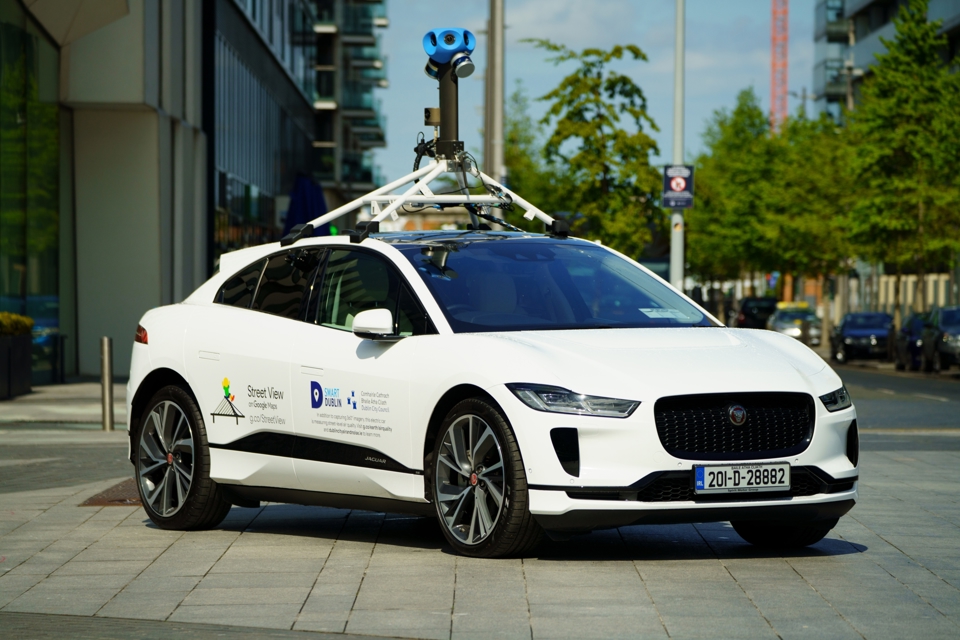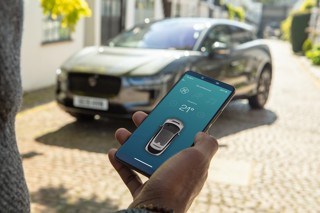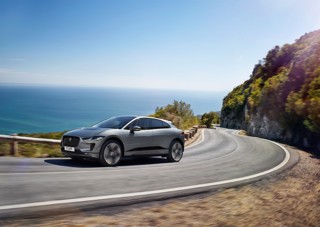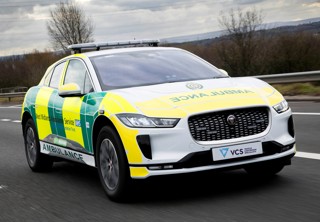Google is working with Jaguar Land Rover (JLR) to integrate the all-electric Jaguar I-Pace with air quality measuring sensors and Street View mapping technology.
Google Street View’s first electric vehicle will be used to measure street-by-street air quality in Dublin including nitrogen dioxide (NO2) and carbon dioxide (CO2) emissions, and fine particles (PM2.5). It will also help update Google Maps.
Elena Allen, project manager for business development at Jaguar Land Rover, says that the integration of Google Street View technology with the all-electric I-Pace is the “perfect solution” for measuring air quality.
“We are delighted to support this project as it aligns with our own journey to becoming an electric-first business and achieving net zero carbon by 2039,” she added.
“Partnerships like this are one of the ways we can achieve our sustainability goals and make a positive impact on society.”
The Jaguar I-Pace has been equipped with mobile air sensors developed by Aclima and will capture data over the next 12 months in Dublin. Google’s scientific research partners will analyse the data and develop maps of street-level air pollution.
The manufacturer’s engineers have worked to integrate Google Street View technology into the vehicle, including new roof mountings for the Street View camera, new rear-window glass which allows for wiring and redesigned interior switchgear to incorporate Google Street View controls.
Paddy Flynn, vice president of Geo Operations at Google, said: “Air quality is a serious concern, especially for cities, but there is a gap in terms of localised data and insights available to both decision makers and citizens.
“As part of this project, we’re using technology to capture this important data and make it accessible so that together with Dublin City Council, we can drive solution planning.”
Google has partnered with Dublin City Council, as part of its Environmental Insights Explorer’s air quality programme to map hyperlocal air quality insights for cities to take action on their climate and health.
Google and Dublin City Council hope access to this data will help scientists, researchers and policymakers as they study air quality, as well as encourage people to make small but informed daily changes to help improve it.
























Login to comment
Comments
No comments have been made yet.